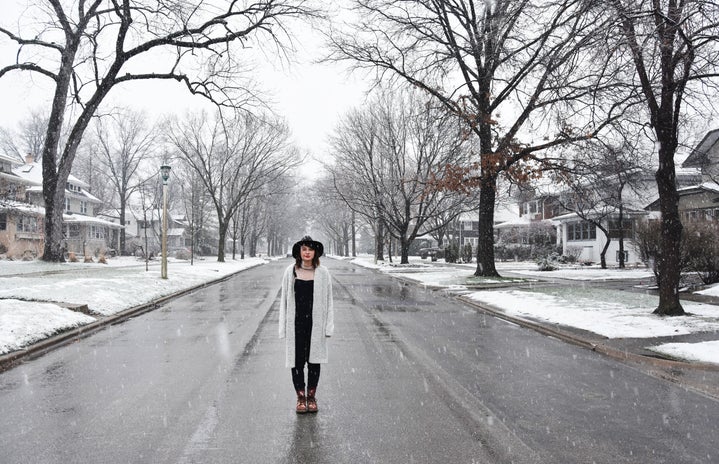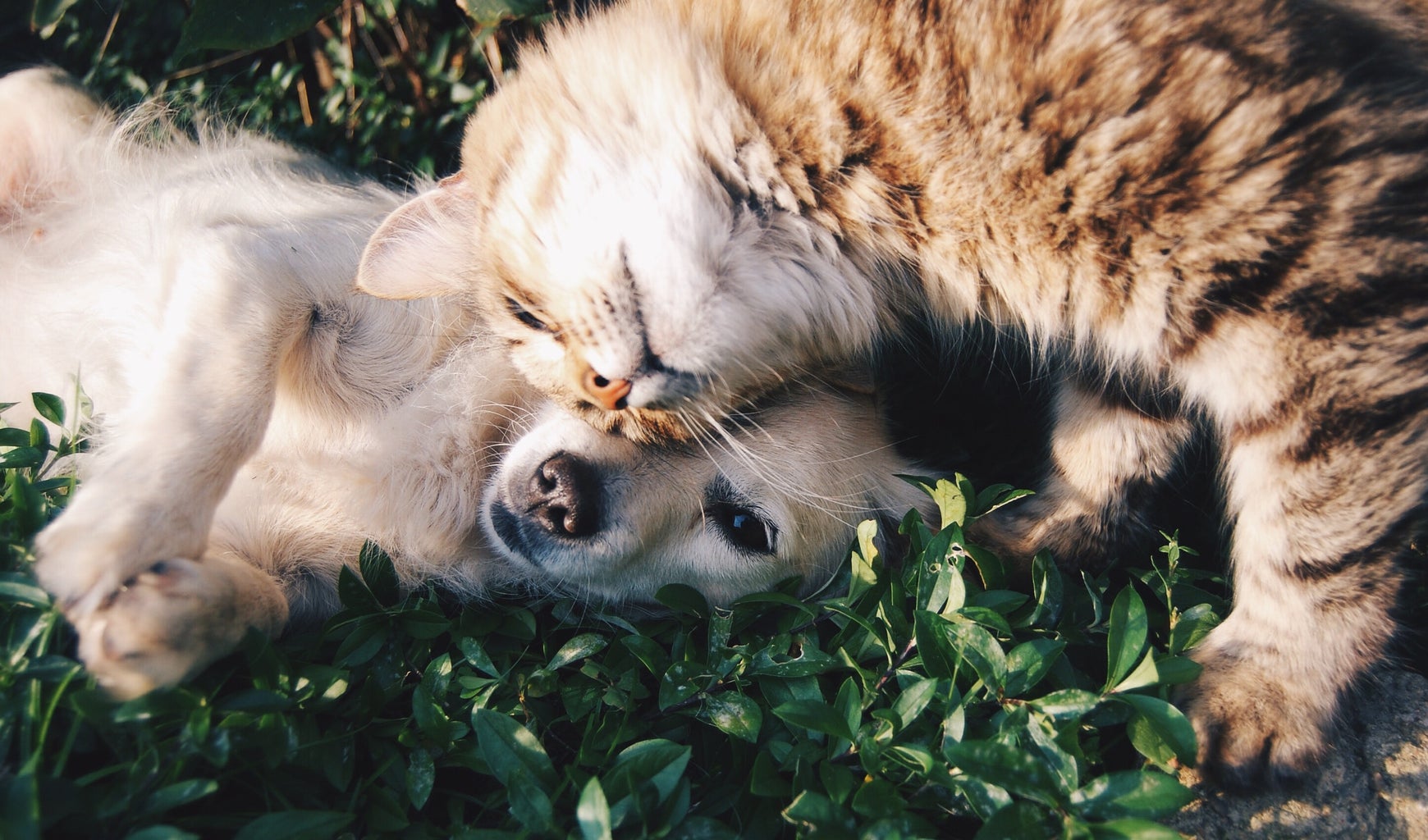Every year, the second semester rolls around, and for some, along with it comes the “winter blues.” After a few weeks of break, it can be hard to jump back into the regular college grind, especially along with the gloomy weather, academic stress, and social pressure adding to an already overwhelming mental state. Seasonal depression or seasonal affective disorder (SAD) is when students experience symptoms associated with depression, such as hopelessness, extreme fatigue, changes in appetite, and social isolation. Up to 44% of college students experience symptoms of seasonal depression. The “winter blues” are often less severe symptoms that are temporary, such as sadness and lethargy. Below are a few tips I adhere to when I experience SAD symptoms and the winter blues.
Stick to a Schedule
College is stressful: students are often juggling multiple classes, extracurricular activities, and jobs. All the commitments can make it hard to stick to a set schedule. It’s important to prioritize necessary parts of your schedule, like sleeping and eating healthy. Lack of sleep or an irregular sleep schedule can worsen symptoms of depression and the winter blues. Try sticking to a regular sleep schedule and set a strict bedtime for yourself. Creating a bedtime routine, like drinking tea or using an eye mask, can also help. I’ve found using white noise apps when going to sleep is helpful for me.
Eating healthy and consistently is often hard for college students who are typically on the go. Poor eating can worsen fatigue and lower immunity. So take the time to maintain a well-balanced diet and make sure you are eating on a consistent basis. Companies like Daily Harvest offer healthy pre-made heat-and-meals. For a more affordable option, make your own heat-and-eat meals by meal prepping for the week. There are tons of quick and easy recipes to make, portion out, and pop in the freezer for you to grab throughout the week. By maintaining a good diet, your mental and physical health can improve.
Find the Light
Getting sunlight is vital to our mental health. In addition to the vitamin D that sunlight provides, sunlight can also provide a boost in serotonin, the hormone that is responsible for good moods and positive feelings. Lack of sunlight in winter months can have negative effects. Try to sit in sunny areas when studying, or best of all, get outside! When these aren’t options, turn to artificial sunlight. While light therapy isn’t a cure, it has been shown to reduce the effects of the winter blues and improve mood. Products like the Happy Light help bring the sunshine inside and come in a variety of forms, from table lamps to light bulbs for overhead lights. I’ve personally used a happy light for a couple of years, and I find it helps me immensely. Plus, I like to think it helps my house plants, but that might just be wishful thinking.
Get Moving
Research shows exercise releases endorphins that boost mood and reduce stress and depression. It’s also been shown to improve cognitive function, self-esteem, and social withdrawal. While it can be hard to factor in time to get moving, even 30 minutes of activity can help. Try walking to class instead of driving or taking the bus. I also enjoy combining exercise with social activities such as hiking with friends or participating in one of the classes at The Rec Center together.
Connect with Loved Ones
It can be easier to become more isolated in colder months, but it’s important to maintain social connections. Even if you don’t want to leave your house and brave the cold, there are so many options to connect virtually. Teleparty.com allows you to watch movies and TV shows along with your friends and easily connects to all streaming services. Virtual cooking parties and book clubs are a good way to connect with friends as well. Recently, I gave my friend an ingredient list but didn’t tell her the recipe or what we were cooking. We got on Facetime, and I walked her through the recipe as we both cooked. It was fun to see how each of our meals came together in the end.
Furry Friends
The unconditional love that animals provide is – in my opinion – unparalleled and can help combat feelings of loneliness or isolation during the winter months. Unfortunately, not all college students are in a place where owning a pet is an option. But there are tons of ways we can still interact with our furry friends. Purrfect Pause Cat Cafe in Boulder is the perfect place to get a warm drink and interact with some four-legged friends. A 1hr “University Therapurry” session is offered to students for $12 by walk-in or appointment. All cats in the cafe are adoptable, so watch out; you might come home with a new fur baby. Rocky Mountain Goat Yoga gives the opportunity to get moving with some goat yoga or goat walks. For a more chill goat experience, their Goatflix and Chill nights are the perfect opportunity to kick back with some furry friends and watch your favorite movies.
Take Advantage of Resources
CU Boulder and most colleges, in general, offer a wide variety of resources for students to access. I recently learned about CU’s Wellness Suite located in Wardenburg. The Wellness Suite offers nap pods with adjustable inclines and soothing music options for the ideal 20-minute pick-me-up nap. A relaxing lounge and self-care kits are available for students. The self-care kits include aromatherapy, cold care supplies, sleep resources, and sun protection. The Rec Center offers Relaxation Stations with similar nap pods to enjoy.
CU Boulder also offers a free service called Let’s Talk, where students can meet with a counselor or psychiatrist for a brief, informal, and confidential consultation. The best part? No appointment is necessary; it can be done in person or virtually. A variety of workshops are also offered to CU Boulder students that help manage anxiety, negative feelings, motivation, and mindfulness. Mental health screenings, group therapy, and provider referrals are offered as well.
If urgent crisis care is required, CU Crisis Care is available; call 911 or visit the closest emergency room.
Seasonal depression and the winter blues symptoms are common among college students, but these tips and tricks have helped me combat them. By taking time to prioritize mental health, students are able to survive and thrive during the colder months. Before we know it, we will all be taking out our bathing suits or loading up our camping gear to head out for some summer fun.




